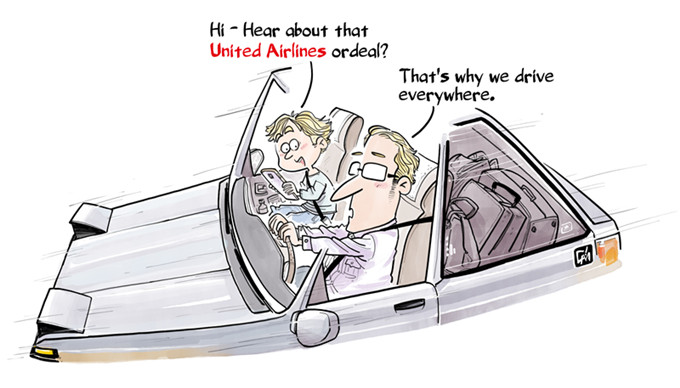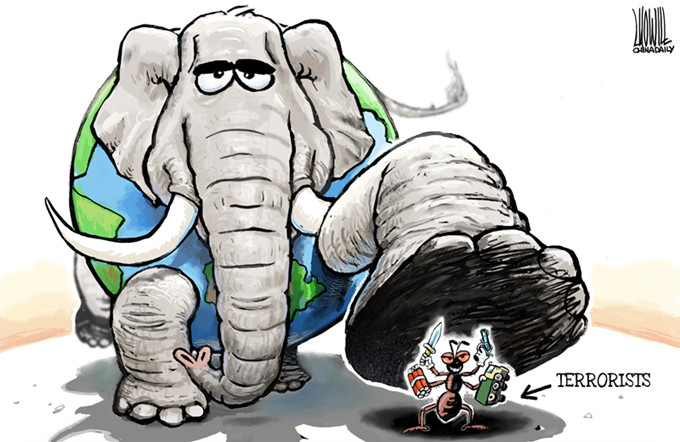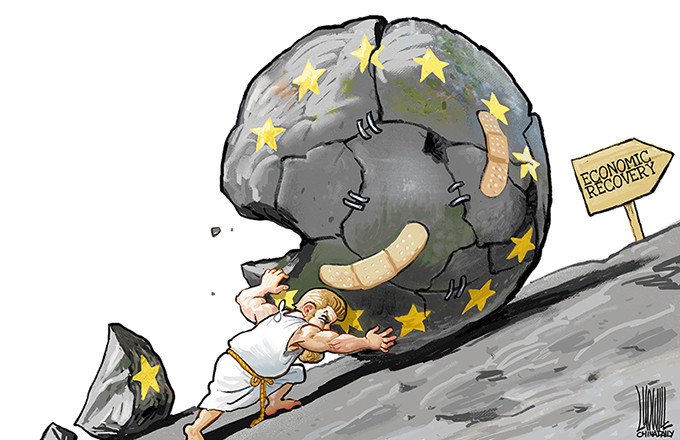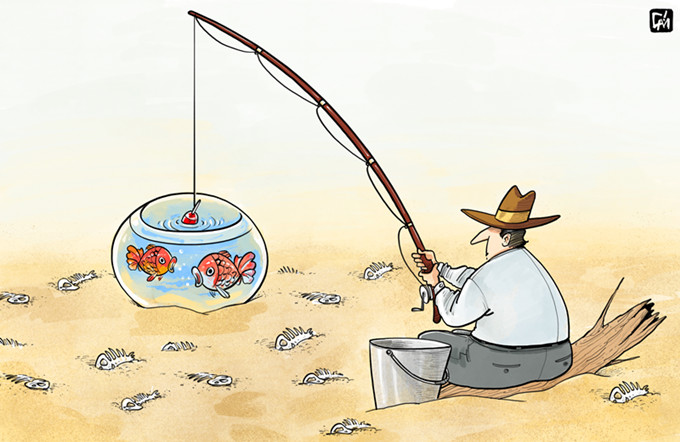Saga of shell-shocked Syria
Speculation over the use of chemical weapons in the Syrian conflict is rising. On April 25, United States officials said its intelligence community believes President Bashar al-Assad's forces are likely to have used chemical weapons, specifically chemical agent sarin, on a small scale against the rebel fighters.
Since the US has said it would not tolerate the use of chemical weapons by Assad in the conflict (meaning that by doing so Assad would invite direct US action against himself), the unverified intelligence could have grave consequences on the Syrian conflict.
The Syrian government has denied the West's allegations that it has used chemical weapons and, instead, has claimed that such weapons had been used by the opposition forces. Syrian Information Minister Omran al-Zoubi said the chemical weapons used by the rebels in a northern Syrian town of Khan al-Assal in Aleppo province were probably acquired from Turkey because the missile, which targeted the town, was fired from a rebel-held base not far from the Turkish borders.
So far there is "no conclusive proof" that either side in the Syrian conflict has used chemical weapons. The US intelligence community's assessment of the possible use of chemical weapons in Syria are preliminary and disputable. Given the stakes involved and the consequences of using unverified intelligence to invade Iraq more than a decade ago, the Barack Obama administration has been careful in its commitment, saying that the US needed definitive proof before taking action.
During the more than two-year-old conflict, the opposition may have made considerable achievements but it is still not capable of toppling the Assad government without direct foreign military intervention. The US has repeatedly said that the use of chemical weapons would be a game changer and it would take appropriate action against it.
But if the Syrian government crosses the "red line" set by the US (that is, uses chemical weapons), the real beneficiary would be the opposition. So the possibility of the opposition leveling false charges against the Syrian government when it comes to the use of chemical weapons cannot be ruled out. Assad is full aware that the use of chemical weapons, that is, if he has any, is not helpful to his government, for it would invite Western military intervention in Syria. And after Obama set a "red line" for the Syrian government, Assad dare not cross it given the immense pressure he is in. So the West's claim that Assad is likely to have used chemical weapons is not convincing at all.


















